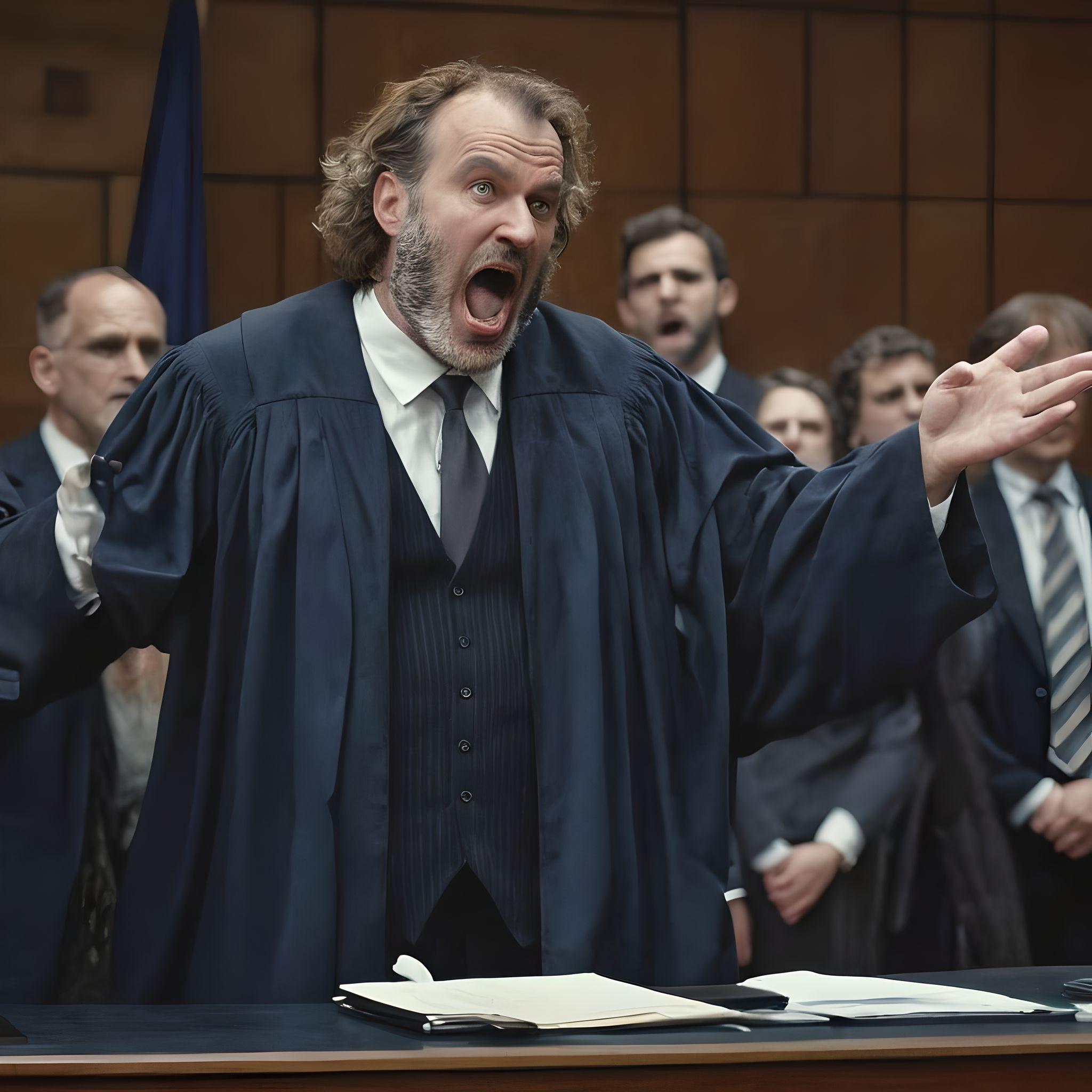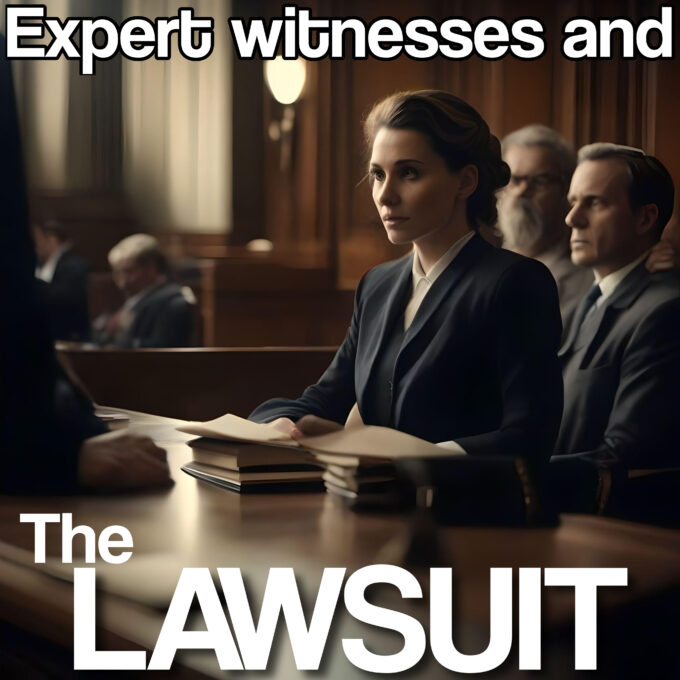“I’m Being Sued About Some Fish.”
I am unqualified to offer legal advice and the following does not constitute legal advice in any format. Your actual legal team will provide you with definitive answers to your questions. I’m a veterinarian with experience as an Expert Witness and that’s it.
 I hear this sometimes. A company sells some fish, or installs a pond, or in some way you end up being accused of killing somebodies fish. There are a LOT of circumstances where you can actually kill somebodies’ fish. Or not.
I hear this sometimes. A company sells some fish, or installs a pond, or in some way you end up being accused of killing somebodies fish. There are a LOT of circumstances where you can actually kill somebodies’ fish. Or not.
How do you defend yourself?
Likely, you have some kind of insurance, for a business or perhaps even a personal policy depending on the situation. Before you go hire a Liar, you should find out if you’re insured and that perhaps your insurer will hire a Liar for you. Damn autocorrect….Lawyer
Either way, you might need one but I’ve had these experiences:
Don’t get too excited until you’re actually served.
People scream “I’m gonna sue you out of business!” but they’re just full of shit. They never do anything. It just felt good to yell that and slam the car door and peel out of the driveway in a cloud of dust and gravel. So don’t waste time or money until or unless they actually serve you or send you a letter (via Certified) from their Lawyer.
In the meantime, gather your documents. Everything you know, pour it out on paper before it gets ‘rustier’ in your memory. Every document, receipt, invoice from the case, situation or date in question.
Limit the number of people you talk to BEFORE you talk to a Lawyer. Sometimes you can burn bridges as far as who you can call as a Witness if you’ve talked their ear off already. Opposing counsel may also ask you WHO YOU’VE ALREADY TALKED TO ABOUT THIS – and you are supposed to tell them. Your Lawyer will have more specific information.
Okay I think I have the autocorrect figured out.
If you sold someone fish and they’re saying that your fish killed THEIR fish, they could have a point unless you have paperwork THEY SIGNED that acknowledges you assume no responsibility there. They can still sue you. But they’re less likely to win. They will also have to provide some proof that their fish died of something carried by YOUR fish. They will also have to be able to show that the fish did NOT die of something else, something potentially unrelated. This is an ENORMOUS ‘drive a car through it’ chink in the plaintiff’s case, usually.
If you sold /built someone a pond and they’re saying that your pond technology or a failure therein killed their fish, they could have a point but they will need an expert witness to bear that out. Their expert witness will need a solid working knowledge of MORE THAN ONE filtration system, a detailed understanding of YOUR filtration system, and then be able to clearly explain how YOUR technology would kill the fish outside of neglect or act of God. The plaintiff will ALSO have to show within reasonable doubt that it was nothing else that killed the fish.
Saying “Your pond technology killed my fish” is a difficult case to win. But it’s easy to defend. Expert witnesses and supporting lab work are both rare.
On certain occasions, the client has you “dead to rights” because they documented everything along the way. They have tests and biopsies, images of fish before and after, a clearly detailed timetable of mortalities and valid water tests and a damn good expert witness.
 I’ve been an expert witness in a few cases where I performed my duty by telling the Lawyer, defendant or plaintiff: “You don’t have much of a case. They have a solid position. With that expert and those results, they are going to prevail with their position.” This instantly makes me (the expert witness) a “hostile witness” and despite the term, the client and Lawyer will say “Thank you” we will take this under advisement and for the most part I’m done. They can choose to proceed to defend or litigate with the knowledge that their position may be indefensible.
I’ve been an expert witness in a few cases where I performed my duty by telling the Lawyer, defendant or plaintiff: “You don’t have much of a case. They have a solid position. With that expert and those results, they are going to prevail with their position.” This instantly makes me (the expert witness) a “hostile witness” and despite the term, the client and Lawyer will say “Thank you” we will take this under advisement and for the most part I’m done. They can choose to proceed to defend or litigate with the knowledge that their position may be indefensible.
Otherwise I can review a pile of documents, interpret the time table and assertions, and if I know of the expert witness I can tell my team “Ask them this, and this” and “Find out if that guy even went to college”. Sometimes, “If they can’t prove it wasn‘t KHV then they can’t prove your contribution was the only possible cause of loss.”
It really does boil down to the
- Documentation that backs up their claim
- Documents that refute alternative possibilities
- The quality of their expert witness
- The position they’re taking and what they’re trying to assert
- The quality, specificity, accuracy and volume of documentation makes a much stronger case.
- Anything you have in writing from your side or their side that holds you to something or releases you from something.
What you SAID carries far less water than what’s in writing.
Some people LIE under oath and provide fake [or no] documentation. The court is NOT responsible for fact-finding or detecting deceit. So in many cases, LIES prevail. Proves the old addage: “Justice is Blind” and when it comes to lying under oath, apparently ‘Justice’ is utterly blind to that.






